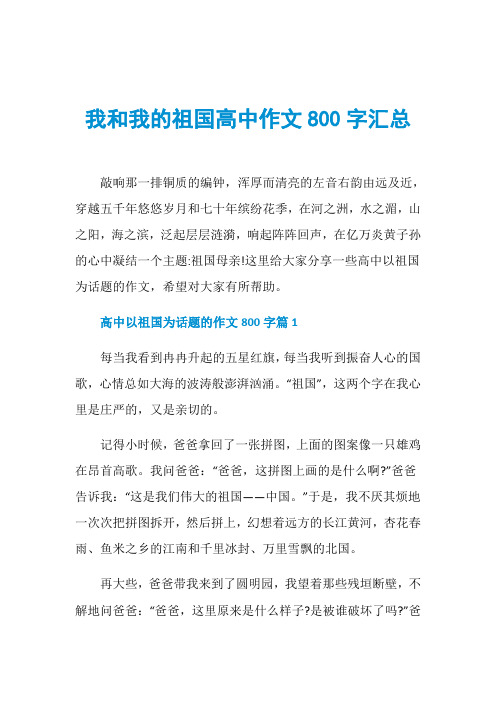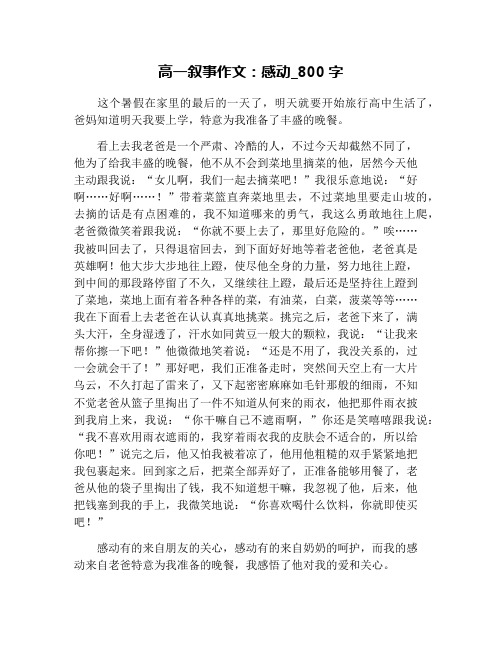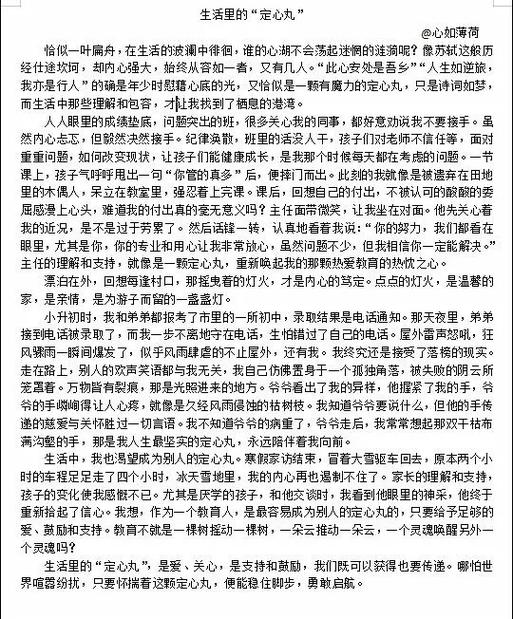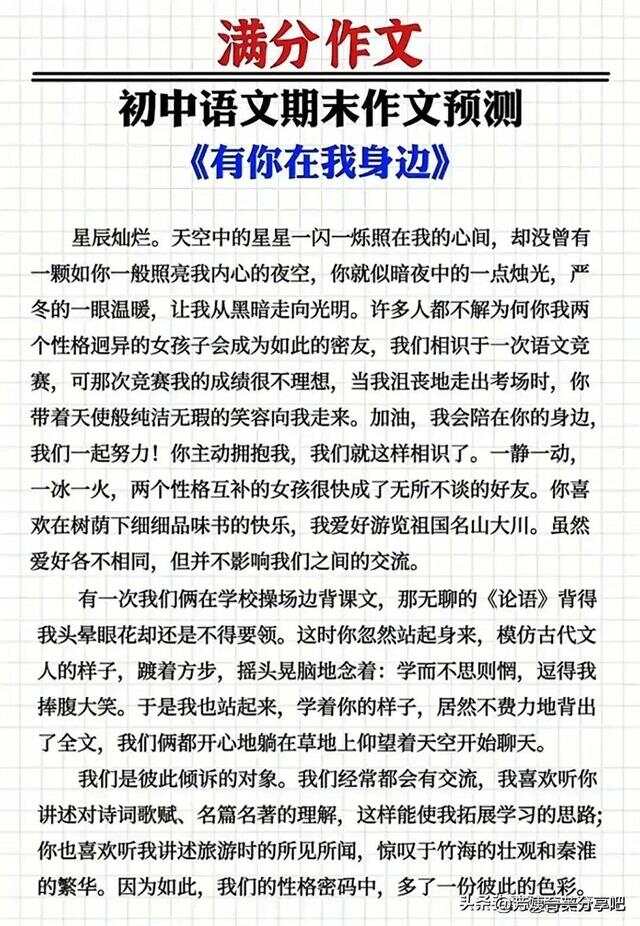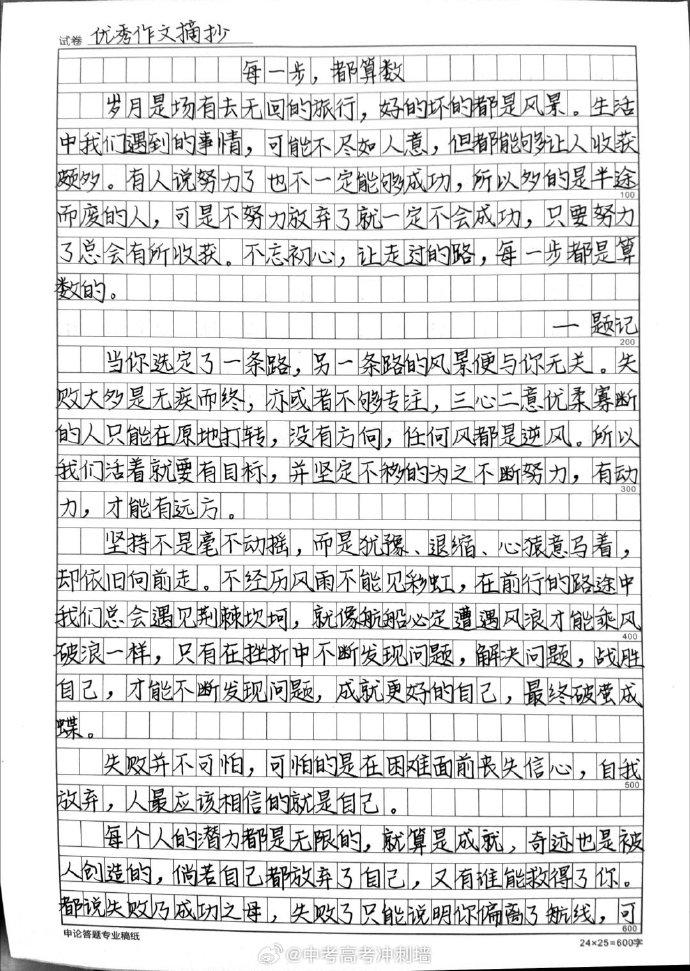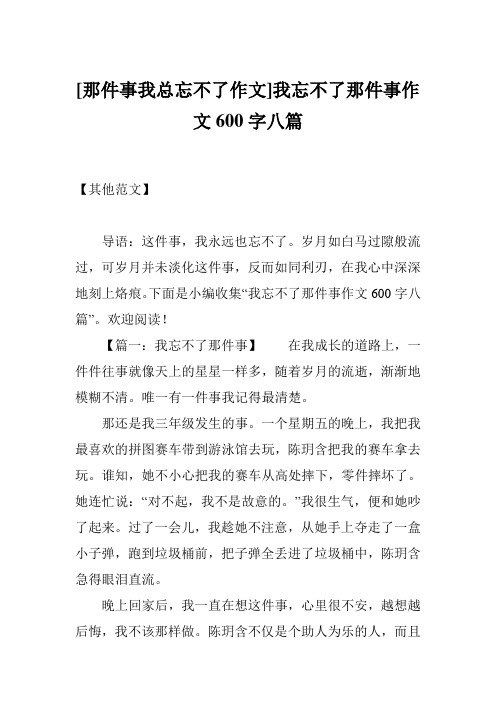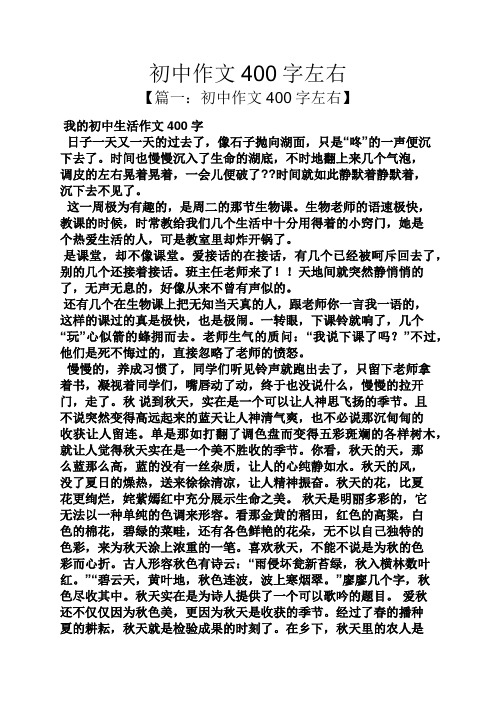关于网络谣言的英语作文(网络谣言写作)
推荐阅读》
In today's digital age, the internet has become an indispensable part of our daily lives. It provides us with a vast array of information at our fingertips, but it also gives rise to an issue that cannot be overlooked: online rumors. The spread of misinformation online not only affects individuals but can also have serious consequences on society as a whole. This essay will explore the phenomenon of online rumors, their impact and potential solutions to combat them.
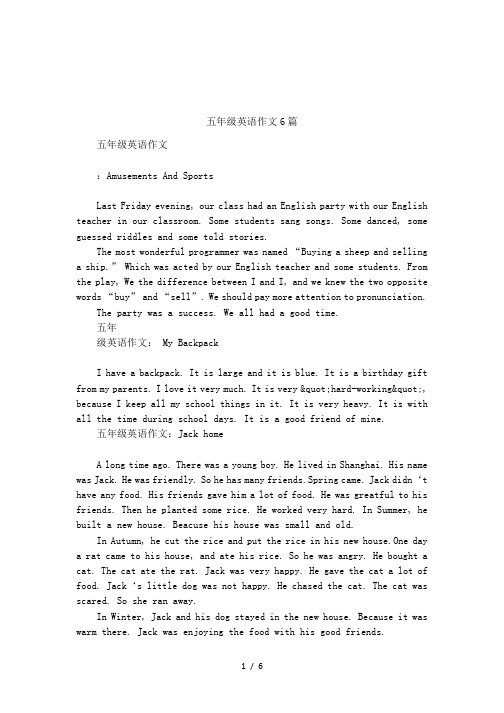
The first point to consider is what constitutes an online rumor. Online rumors are false or unverified stories that circulate widely across various digital platforms such as social media, forums, and news websites. These rumors can take many forms, ranging from personal attacks, conspiracy theories, to sensationalized news pieces. Due to the anonymity provided by the internet, people often find it easier to share such rumors without verifying their authenticity.
One major consequence of these online rumors is the damage they can cause to individuals. For example, in 2018, a false story claiming that a Chinese scientist had invented a new vaccine for HIV went viral. This caused immense distress to the targeted individual, who had no way to defend themselves against this fabricated claim. Moreover, the reputation and career of the scientist were severely damaged, even though he was completely innocent. Such incidents highlight the profound impact that online rumors can have on individuals’ mental health and livelihoods.
In addition to harming individuals, online rumors also have far-reaching societal implications. They create a climate of distrust, where facts become secondary to sensationalized claims. This can lead to public panic, as witnessed during the COVID-19 pandemic, when various unfounded claims regarding treatment and prevention were shared widely online. Such unverified information can lead to harmful behaviors and policies being adopted, further exacerbating the situation. Furthermore, the spread of misinformation can undermine public trust in legitimate news sources and institutions, eroding the foundation upon which informed decision-making relies.
Addressing the issue of online rumors requires a multifaceted approach. Firstly, there needs to be a concerted effort to raise awareness about the dangers of spreading unverified information. Education campaigns should be launched to inform people about how to critically evaluate the information they consume online. Secondly, social media platforms must play a more proactive role in monitoring and moderating content. They need to implement stricter algorithms and employ human editors to identify and remove false information promptly. Additionally, legal measures can be taken to hold those who spread deliberately false information accountable for their actions.
Moreover, individuals must also take responsibility for the information they share. By practicing digital literacy and fact-checking before sharing any piece of information, we can contribute to a healthier online environment. News verification apps and websites that specialize in fact-checking can serve as valuable tools for the general public to cross-reference the information they encounter. Lastly, fostering a culture of openness and dialogue within our communities can help mitigate the spread of rumors. When people engage in honest discussions and question dubious claims, they collectively work towards a more truthful society.

In conclusion, while the internet offers numerous benefits, the proliferation of online rumors poses significant challenges. These rumors not only harm individuals through false accusations and damage to reputation but also have broader societal repercussions by creating a climate of distrust and misinformation. Combating this problem necessitates a collaborative effort among individuals, social media platforms, and regulatory bodies. By raising awareness, promoting critical thinking, implementing stringent content moderation, and holding perpetrators accountable, we can strive towards a more reliable and trustworthy digital landscape. Only then can we ensure that the internet remains a force for good in our lives.
本文系作者个人观点,不代表本站立场,转载请注明出处!

